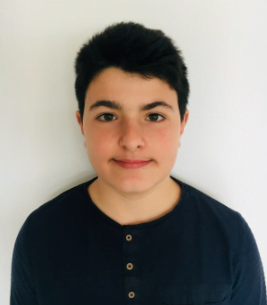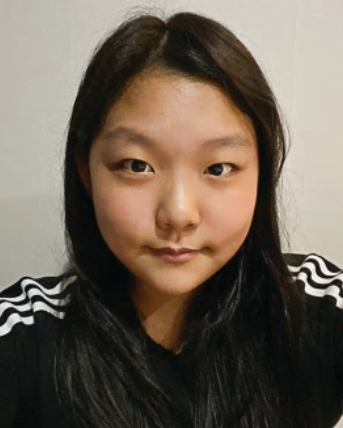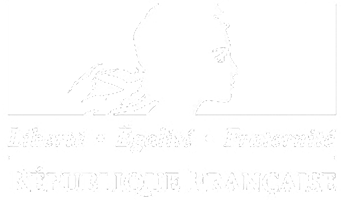Lycée Français de Séoul (LFS) provides a multilingual and multicultural education from Maternelle (Kindergarten) to Terminale (grade 12).
From the age of 3, all students are exposed to 3 languages: French, English and Korean. As they progress through school, they strengthen their command of French and English, and learn a third and fourth language: Korean, German or Spanish.
Two English language pathways are available at LFS: the classic pathway (PARLE) and the international pathway (American International Section), both of which are taught by native teachers and benefit from their strong, long-standing expertise in language teaching.
LFS promotes a multilingual education and strives to ensure that its students develop a high level of language and communication skills to best prepare them for higher education in France or on the international stage.
Laying the foundations of a trilingual education in Kindergarten
From the age of 3, all students benefit from a dedicated pathway to the General English Program, an Adapted and Enhanced Pathway to Foreign Languages (PARLE).
French is the primary and priority language of education and communication, and it is supplemented by 3 hours of English class per week, in sessions of 30 to 45 minutes. English classes teach vocabulary and language skills, as well as general curriculum subjects taught in English. Students develop their language learning skills through games, artistic activities, nursery rhymes and storytelling on a daily basis.
In Grande Section (GS), the last year of Kindergarten, students with a good command of French and knowledge of English fundamentals may apply for the American International Section (SIA) with 5 hours taught in English per week.
Each week, students are taught 1 hour of Korean, in 2 sessions of 30 minutes each. Students acquire simple vocabulary, learn how to count and sing traditional songs.
Developing language skills in Elementary school
Students follow one of the two language pathways available from CP (Grade 1) to CM2 (Grade 5).
CLASSIC PATHWAY (PARLE)
Students have 3 hours of English class weekly in CP (grade 1) and CE1 (grade 2), and 4 hours weekly starting in CE2 (Grade 3). Students also improve their language skills thanks to selected regular curriculum subjects being taught in English, such as arts, music, geometry, or sports.
INTERNATIONAL PATHWAY (AMERICAN INTERNATIONAL SECTION)
Students who are fluent in French with strong English skills can apply to the American International Section (SIA): 5 to 10 hours per week with some hours of class taken outside of common timetable, depending on their grade level, during which students develop their English language skills and follow part of the French curriculum in English. Subjects taught in English can include science, mathematics,social studies , sports, dance, art, basic coding, or music.
Mastering and Diversifying Languages in Middle and High school
GENERAL ENGLISH PROGRAM (PARLE) CONTINUED
Throughout secondary school, English classes continue. Students enjoy 4 hours per week in middle school and 3 hours per week in high school.
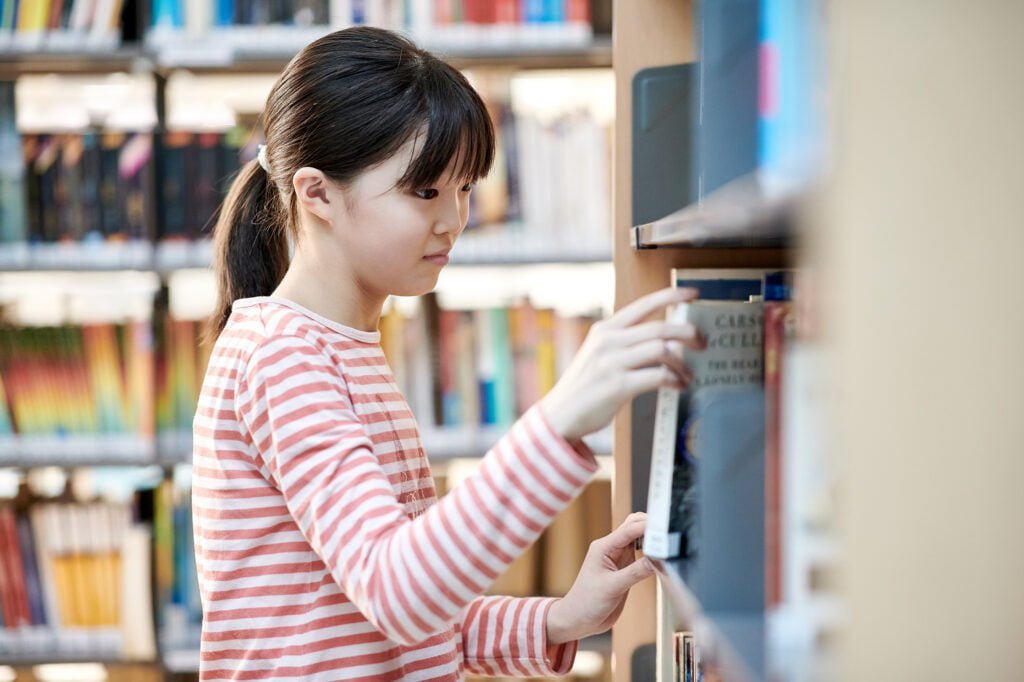
THE AMERICAN INTERNATIONAL SECTION (SIA) AS A GATEWAY TO THE INTERNATIONAL OPTION OF THE BREVET (DNB) AND THE FRENCH BACCALAURÉAT (OIB)
After an entrance test , students who demonstrate a good command of English, an interest in writing and literature, and the ability to handle a large workload can pursue their learning in the American International Section (SIA).
Students taking the SIA option benefit from almost 10 hours weekly of English classes:
- 4 hours of English classes in middle school, and 3 hours in high school, corresponding to PARLE hours,
- as part of the SIA option, an additional 4 hours of American language and literature curriculum taught in English,
- as part of the SIA option, half of the hours of the History-Geography curriculum taught in English.
SIA students take specific exams in addition to the DNB and the Baccalauréat common core tests respectively taking place at the end of 3ème (grade 9) and during the final secondary school cycle. They thus obtain the DNB and the Baccalauréat with the “International option” distinction (DNBI, OIB).
Please contact our SIA team if you have any questions at : international-section@lfseoul.org

Language pathway and hourly volume
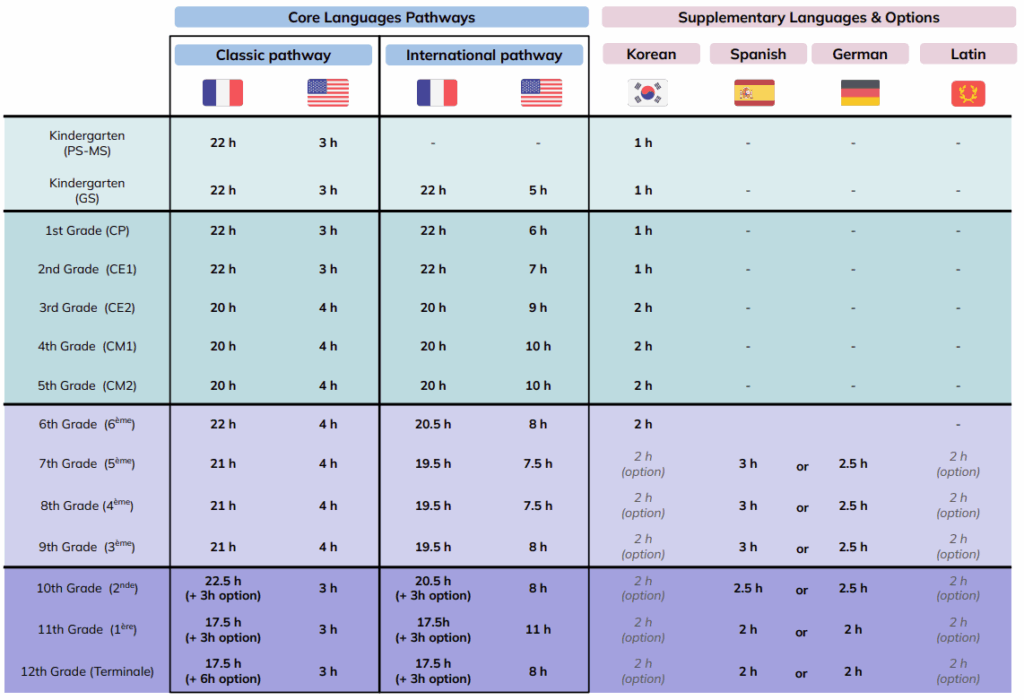
Learning other languages
When they start secondary school from 5ème (Grade 7), students choose either German or Spanish as a new language of study to diversify and strengthen their language skills.
They also have the option of studying Latin to further their language culture.
Korean classes become optional in secondary school, but it is taught to cater to each student’s needs and expectations. There are three distinct level groups: “introduction” for new students, “consolidation” for students who have already studied Korean at LFS, and “advanced” for native speakers.
Students who wish to study a language other than those taught at LFS can do so by registering at the National Center for Distance Learning (CNED). This official body of the French Ministry of National Education issues certified grades which the LFS then records on the school report cards.
CERTIFICATIONS
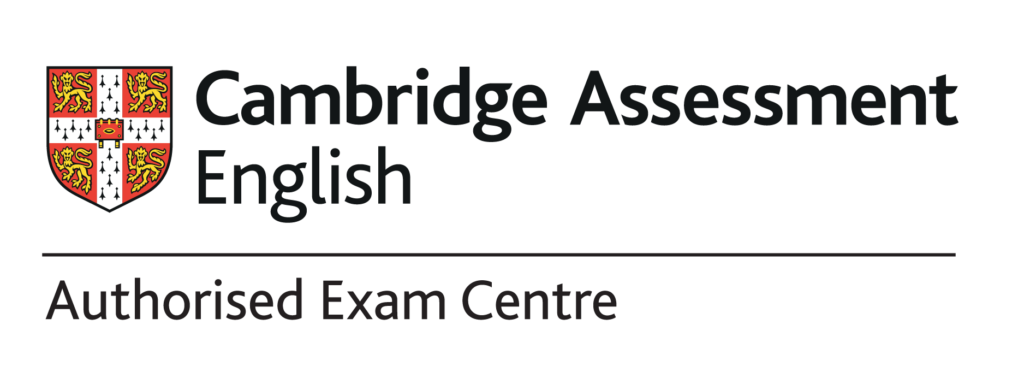
Since 2009, LFS is a certified examination center for Cambridge English exams for both its students and external candidates.
The Cambridge English exam provides 5 levels of assessment. The internationally recognized Cambridge certification is permanent and allows students to highlight their command of the language and holders of the French Baccalauréat to access English universities:
- A2 Key for Schools (“KETfs”) : A2 level exam suitable for students at the end of primary school
- B1 Preliminary for Schools (“PETfs”) : B1 level exam suitable for middle school students
- B2 First for Schools (“FCE”) : B2 level exam suitable for middle and high school students
- B2 First : standard version for high school students and adults
- C1 Advanced (“CAE”) : standard version for high school students and adults

The DELF is the Diploma in French Language Studies issued by the Ministry of National Education of France and known internationally. It allows to validate and certificate one’s French-language competencies, of which the different levels are approved by the Common European Framework of Reference for Languages (CEFR)
- The DELF Prim is for children aged 7 to 11, and comes in 3 levels: A1.1 (easiest), A1 and A2. The LFS is the exam center for this exam.
- The DELF Scolaire is for children aged 12 to 18, and is available in 4 levels: A1 (the simplest), A2, B1 and B2.
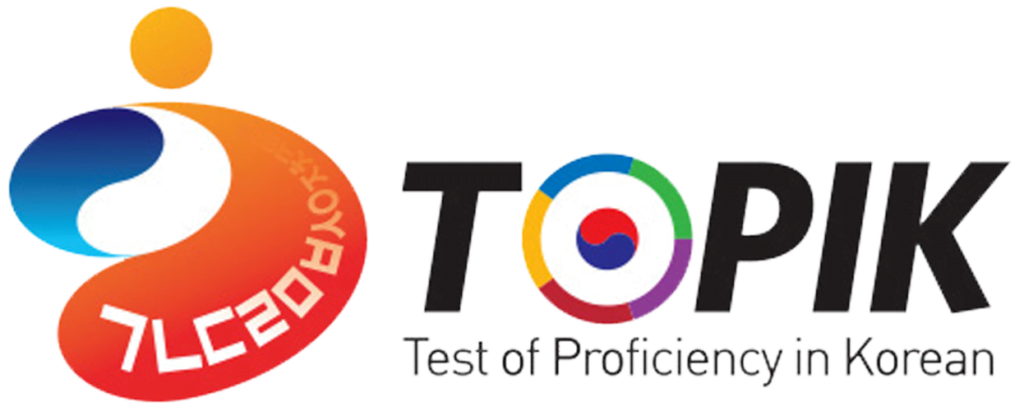
The Korean language test TOPIK provides a diploma valid for 2 years. It is often required to enroll in Korean universities.
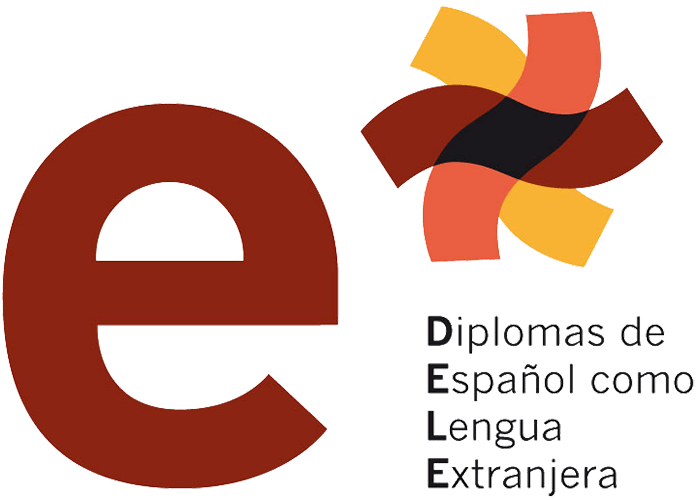
DELE is the Spanish language test acknowledged by Spanish-speaking universities.
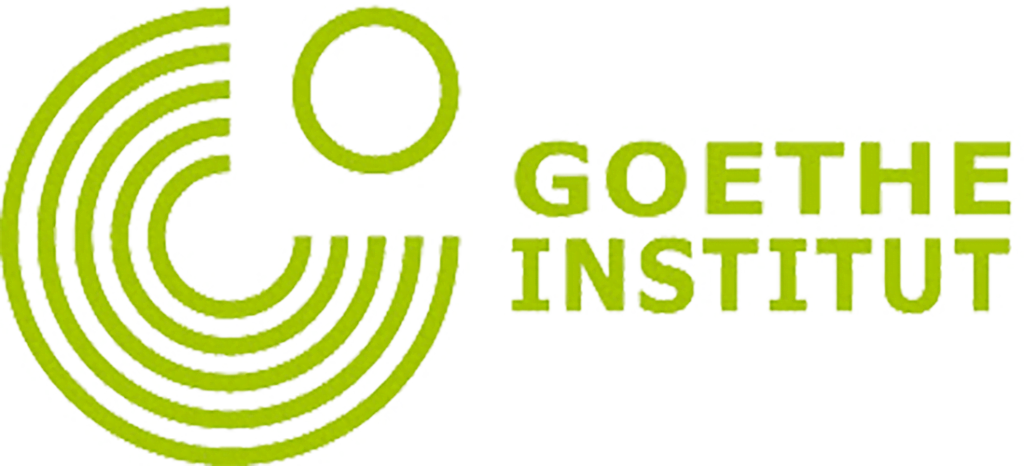
The Goethe Zertifikat is the German language test approved by German-speaking universities.
These three examinations take place in centers external to LFS.
TESTIMONIALS
Both teachers were very nice and helpful.
Even if I had difficulties, they would always use the exact words to change my mind and motivate me.
With my literature teacher, I enjoyed discussing subjects, writing stories and making presentations.
With my History-Geography teacher, I enjoyed making projects and learning about history.
There was always a good mood in the classroom while learning.“
to very deep and meaningful conversations. The SIA program has a literature course and a history-geography course, both taught in English. The latter proved to be difficult for me personally, as it required me to be able to switch from French to English whenever necessary. I like to see this as a benefit though, as it definitely developed my range of vocabulary in both languages as well as my ability to be flexible. To those interested, I strongly recommend reading as much as you can. It helps familiarise yourself with literary terms and vocabulary you wouldn’t necessarily use on a day-to-day basis.”
FOR AN ACCREDITED FRENCH EDUCATION, OFFERING MULTILINGUAL PATHWAYs
